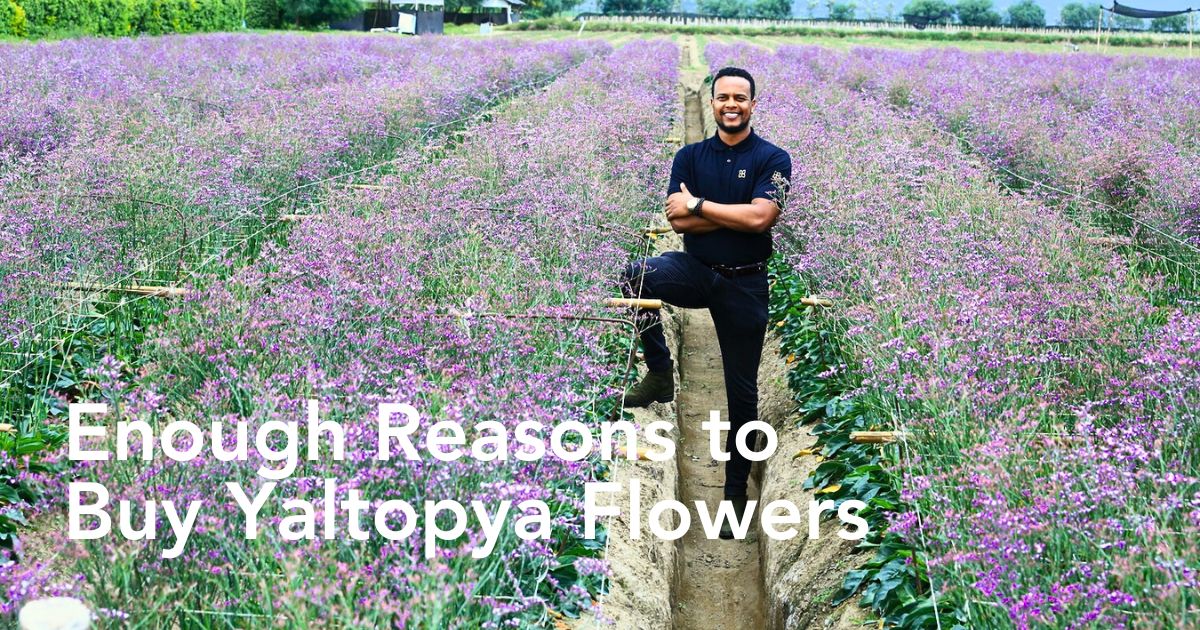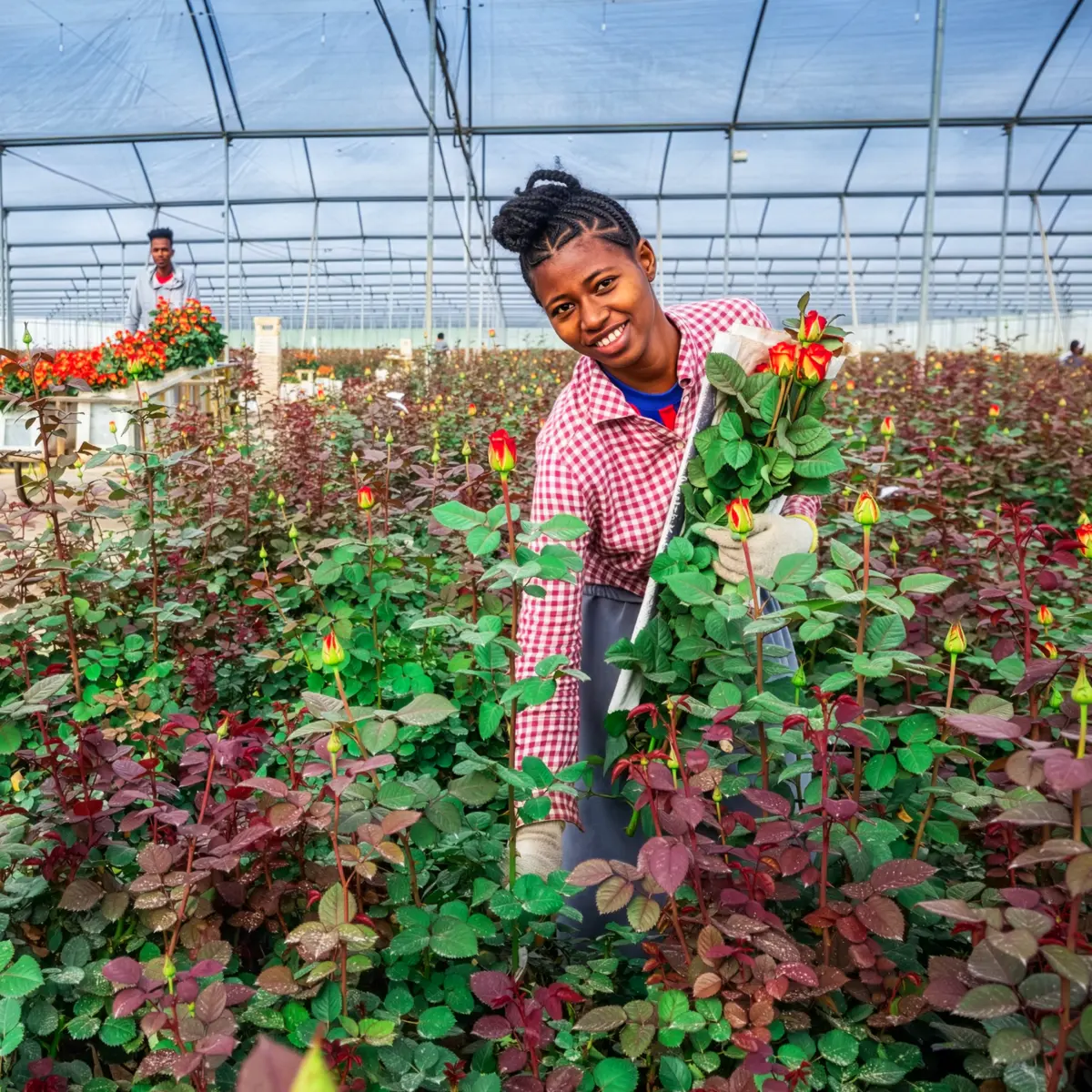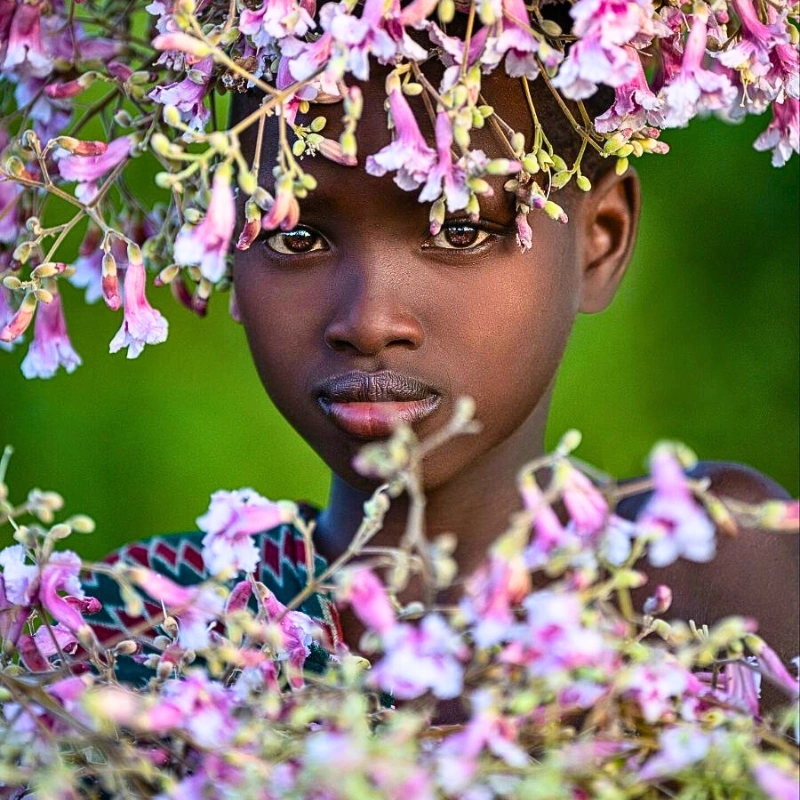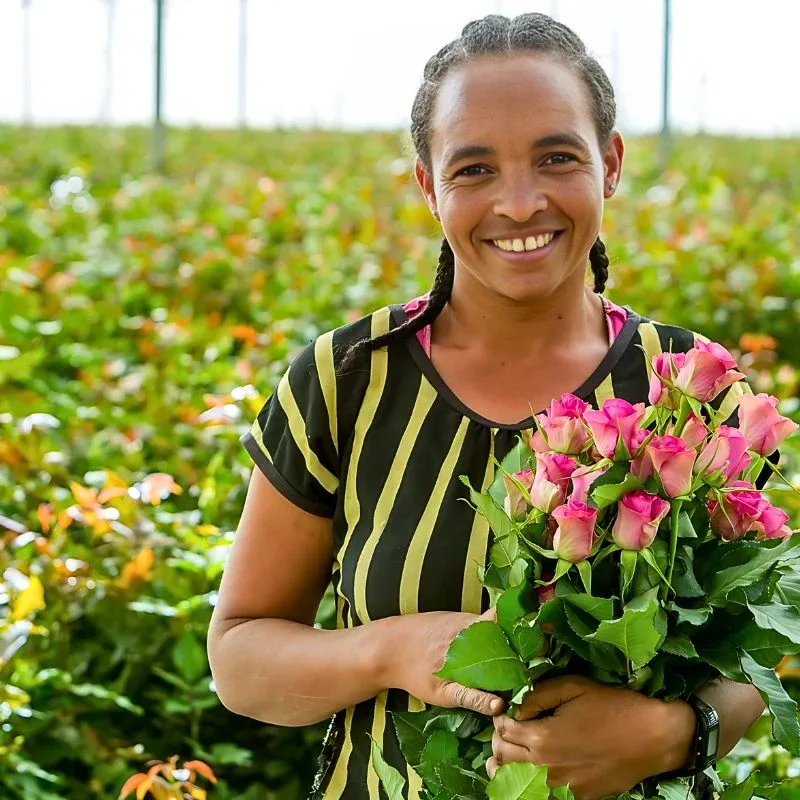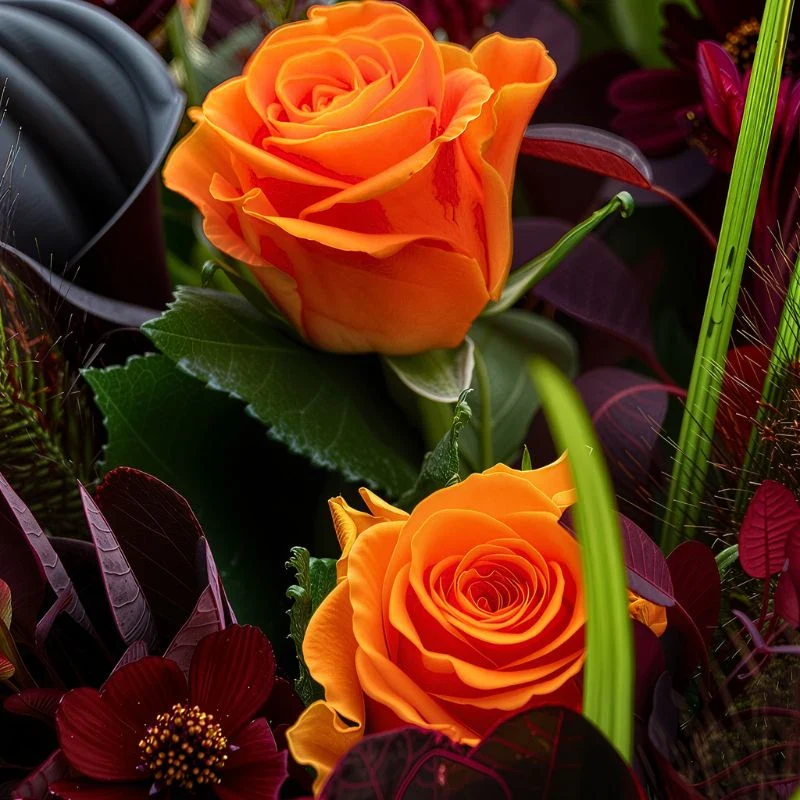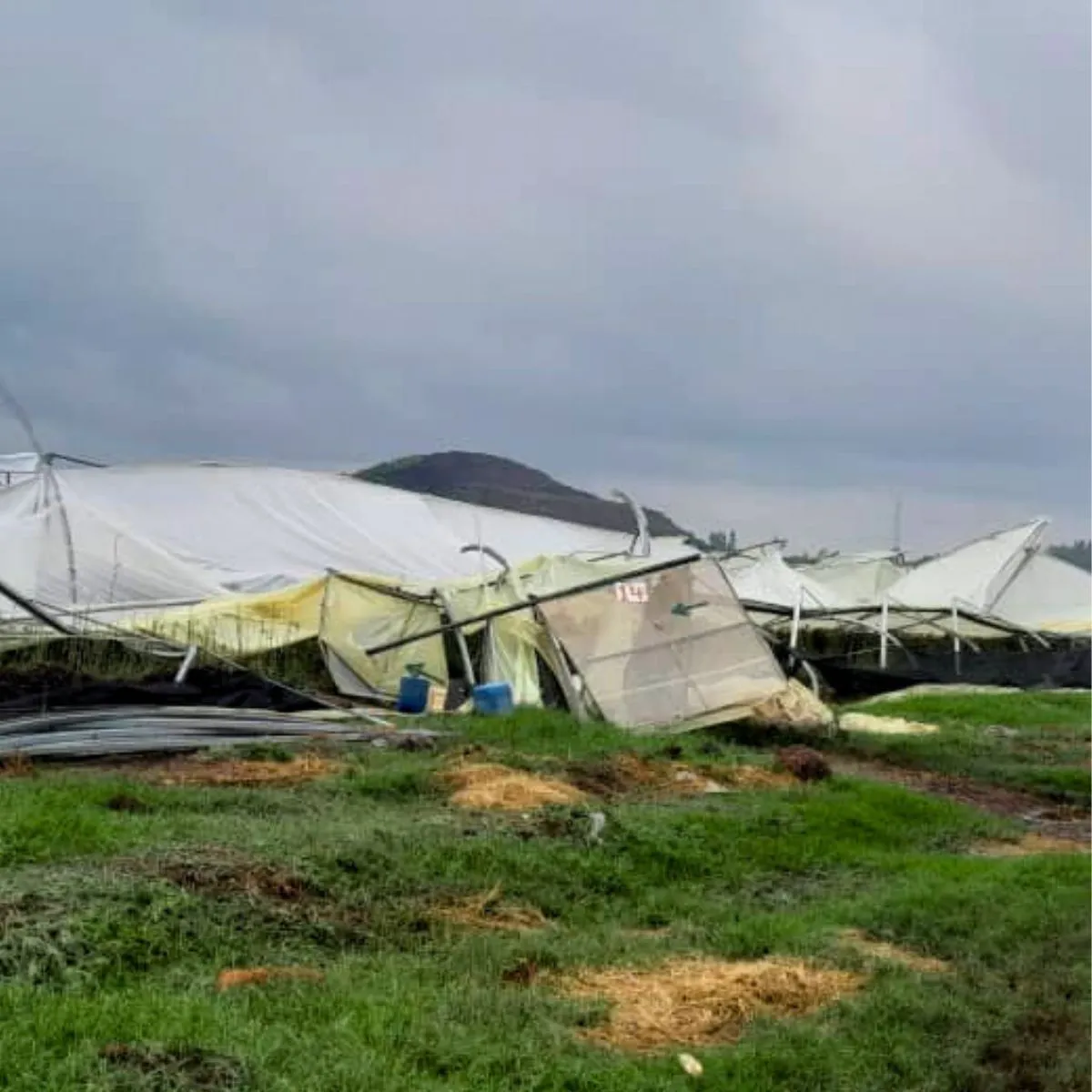Ethiopia's floriculture industry has grown into one of the most remarkable success stories in the global flower space. Even though the industry only started in the 1980s, it was the late 1990s that became quite a pivotal point for floriculture in the Eastern African country. In just a few decades, Ethiopia has consequently risen to become Africa's second-largest flower exporter and now ranks among the top five globally.
This achievement is attributed to the country’s favorable climate, abundant natural resources, available workforce, and government support. With at least 3,400 hectares dedicated to floriculture, the industry generates significant foreign exchange revenue and employs thousands of Ethiopians. In essence, the country has silently become a force of nature in the global floriculture industry, supplying some of the most beloved flowers to markets worldwide. If you, therefore, love high-quality flowers with a positive impact, here’s why Ethiopia-grown flowers are worth investing in.
The Rise of Ethiopia’s Floriculture Industry
Ethiopia's entry into the global floriculture market began in earnest in 1997. By 2007, the sector had expanded rapidly, with at least 67 flower companies involved in floral production and export. Today, approximately 84 companies operate in the industry, including local farms, foreign direct investment-funded enterprises, and joint ventures.
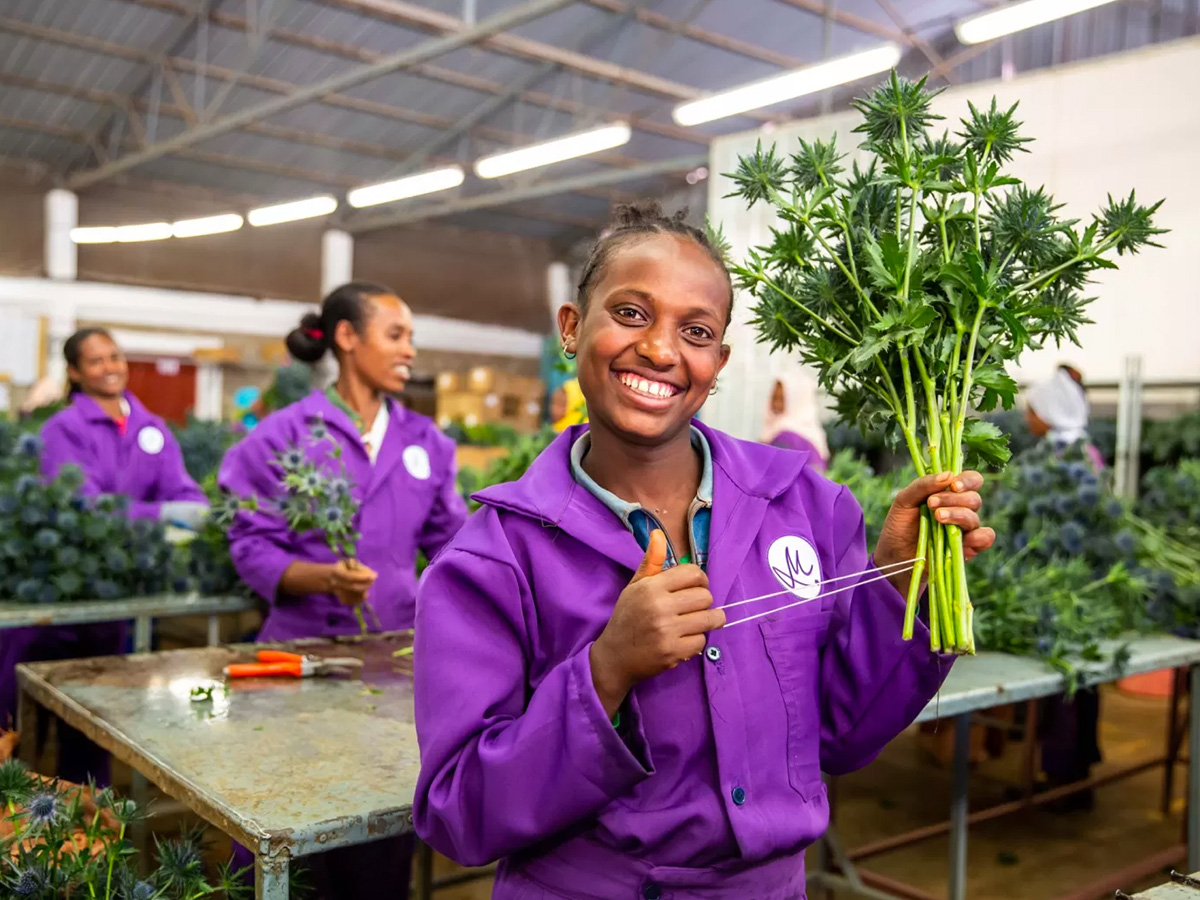
Abyssinia Flowers, Afriflower, Agriflora PLC, AQ Roses, Asella Flowers Farm, Azrom, Braam Roses, ET-Highland Flora, Ethio-Dream Flower PLC, Hansa Flowers, Tinaw Flowers, Ethio Vegfru Group, Florensis Abyssinia Farm, Sher Ethiopia, Golden Rose Agrofarms Ltd., Galica Flowers, Sunrise Flowers, Klaver Flowers, Maranque Plants, Marginpar Ethiopia, Minaye Flowers, Roshanara Roses, Tana Flora, Ziway Roses, ZK Flower, and Zuqualla Horti, De Ruiter Innovations, Selecta Cut Flowers, Herburg Roses, and several others make the Ethiopian floriculture landscape what it is.
These floral companies exemplify the blend of innovation and tradition that defines Ethiopia’s floriculture industry. Their commitment to quality production has earned them recognition in international markets while contributing significantly to local development.
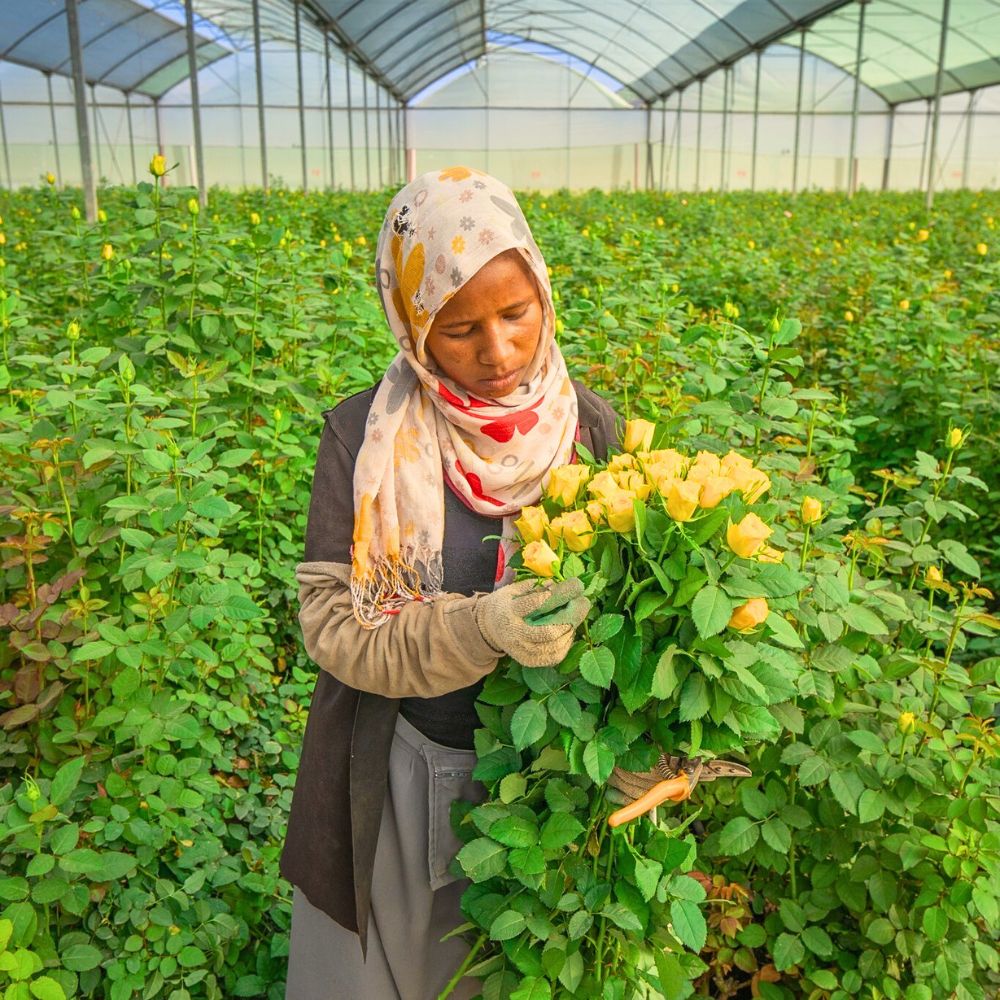
Ethiopia's flower industry's growth has largely been fueled by the country’s unique agroecology, which supports the cultivation of premium-quality flowers like roses and summer flowers across different altitude ranges. The country’s location within the tropical zone, between the Equator and the Tropic of Cancer, also plays a key role. Yet, the Ethiopian Horticulture Producers and Exporters Association (EHPEA) has been at the core of the industry’s growth in the country.
The statistics speak volumes about the country’s success in floriculture. According to Volza's Ethiopia Export data, Ethiopia exported 5,323 shipments of flowers from February 2023 to January 2024, trailing 12 months (TTM). Definitely, this figure has grown significantly by now. From the country, floral volumes of ‘cut flowers and flower buds of a kind suitable for bouquets or ornamental purposes, fresh, dried, dyed, bleached, impregnated or otherwise prepared’ totaled $ 231 million in 2023.
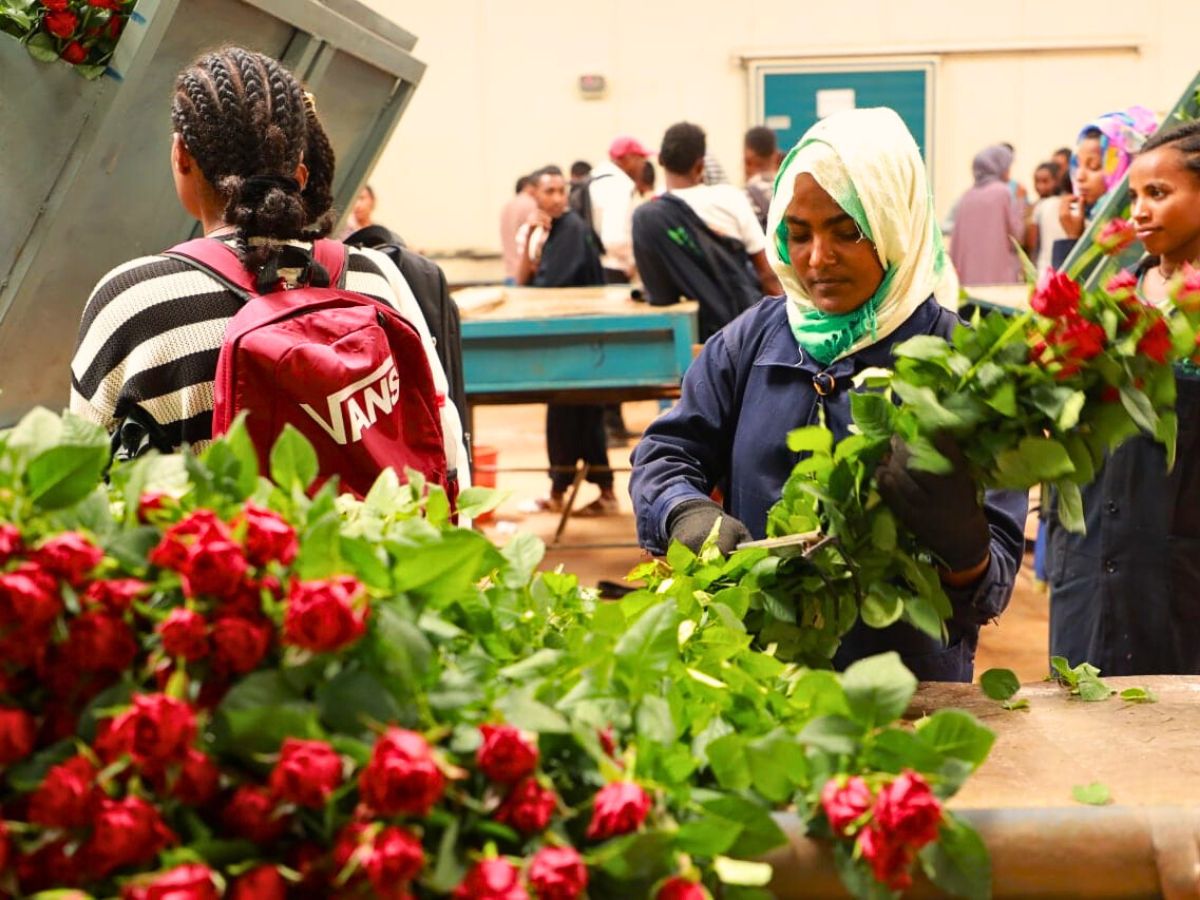
Flowers have, by and large, become one of Ethiopia's largest agricultural exports, with the European Union continuing to be the primary destination for the country’s flowers, with more than 60% of exports passing through Dutch markets before reaching other parts of Europe and beyond.
The Floriculture Industry’s Contributions to Ethiopia’s Economy
The floriculture sector plays a key role in Ethiopia’s economy. It is a major source of foreign exchange earnings, contributing around $258 million annually from cut flower exports alone. In addition to its direct financial contributions, the sector creates economic diversification by reducing reliance on traditional crops like coffee.
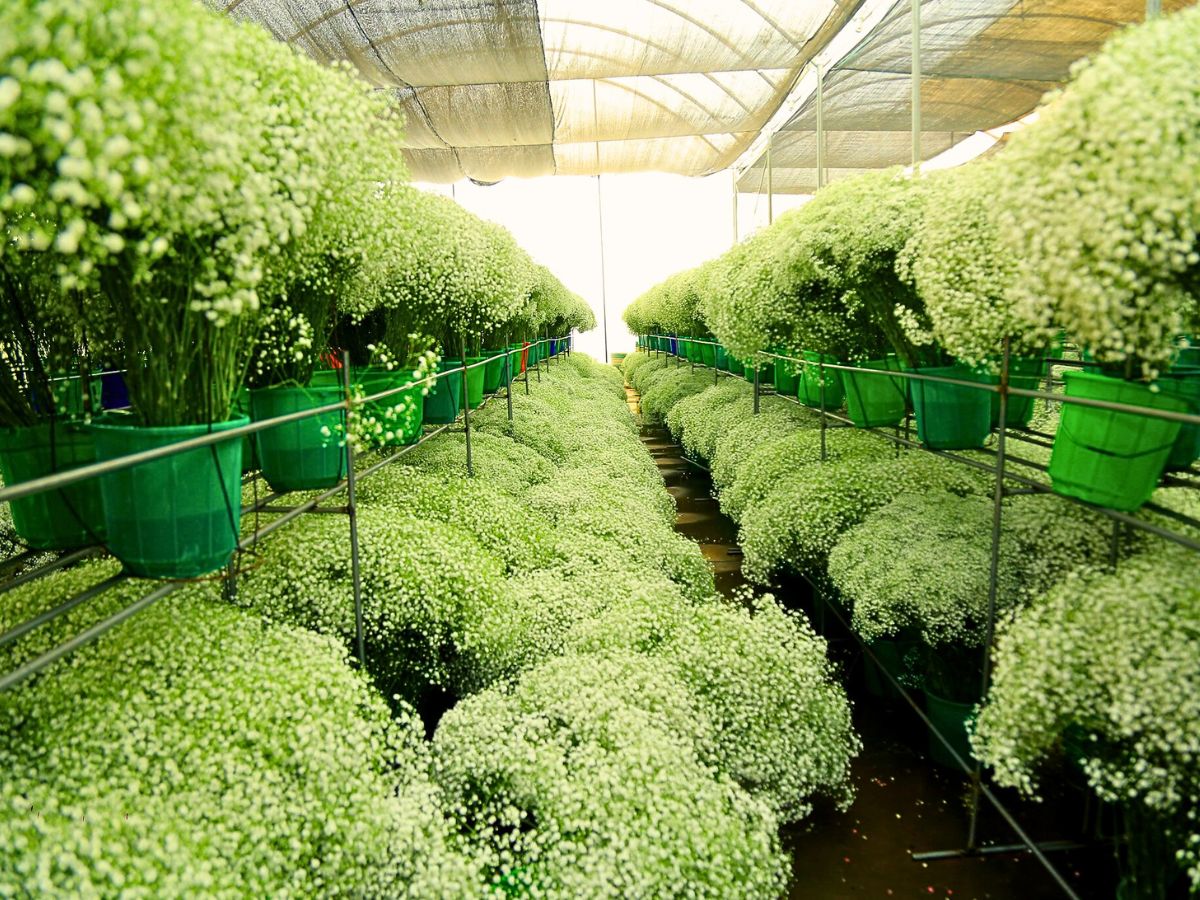
Employment generation is another critical aspect of the industry’s economic impact. The sector directly employs hundreds of thousands of workers—at least 80% of whom are women—providing stable incomes and empowering communities across rural Ethiopia. Indirectly, it supports micro and small enterprises that emerge around floriculture clusters. Furthermore, the industry facilitates knowledge transfer in modern agricultural practices, enhancing productivity across other agrarian sectors.
Ethiopian-grown flowers also benefit local communities in many other ways. The industry has become a substance for social transformation by providing occupation opportunities to marginalized groups. Women constitute the majority of workers in flower farms, gaining financial independence and improved living standards through their input in this high-value horticultural subsector.
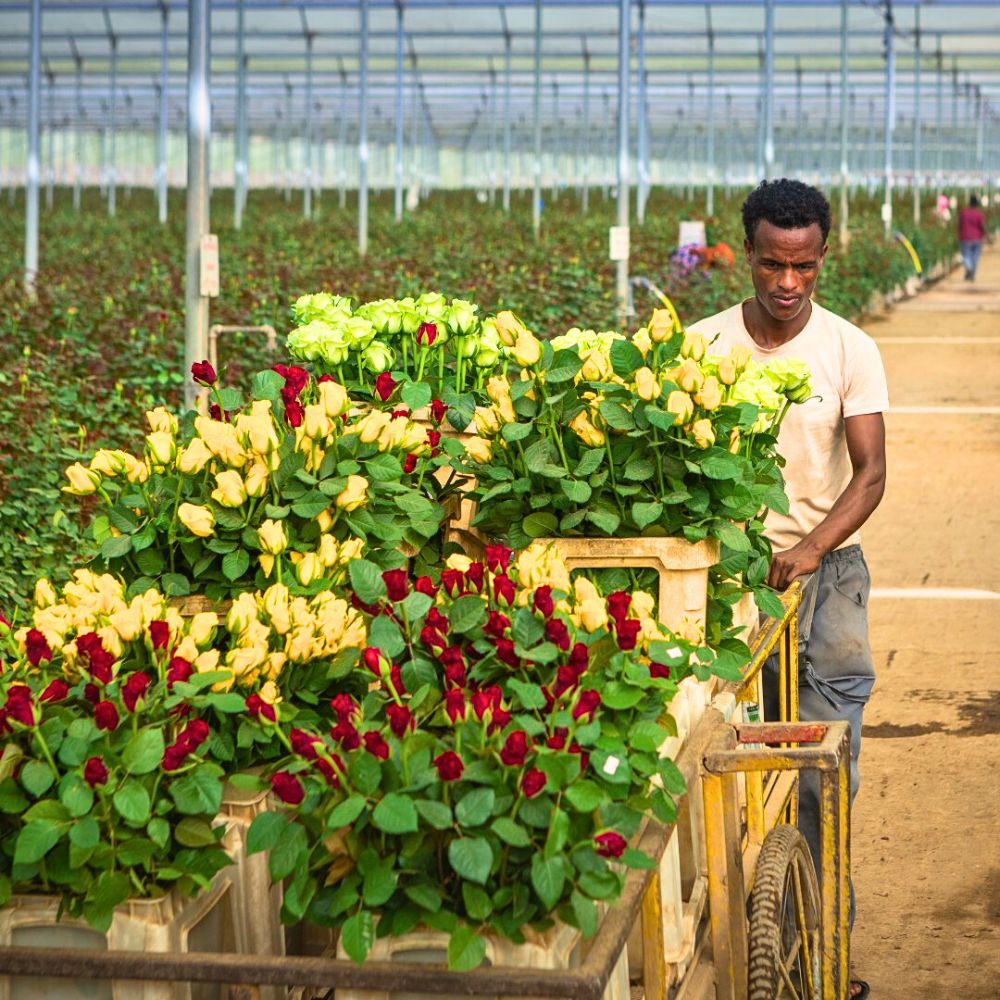
Aside from that, floriculture contributes to community development through initiatives such as informal savings networks among workers. These networks help employees manage financial risks while building solidarity connections within their communities. Furthermore, floriculture farms often engage in corporate social responsibility projects that improve local infrastructure and access to education and healthcare, among other community needs. Such Fairtrade-certified and socially responsible programs support farm workers and their families.
The Aesthetic Appeal of Ethiopian Flowers
One hardly talks about flowers without mentioning their aesthetic appeal. As such, Ethiopian flowers are celebrated for their exceptional quality and beauty. Roses dominate production but are complemented by summer flowers and cuttings that thrive in the country’s diverse agro-ecological zones.
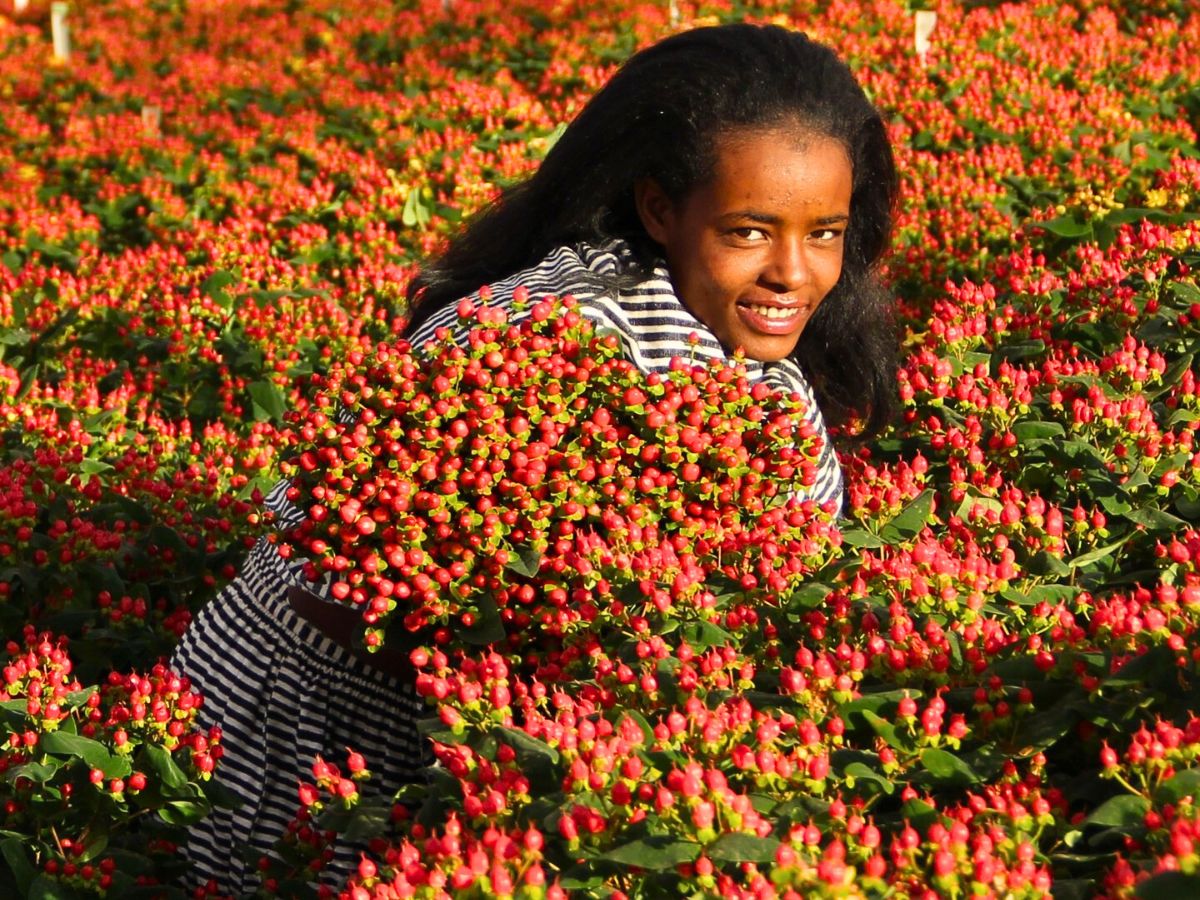
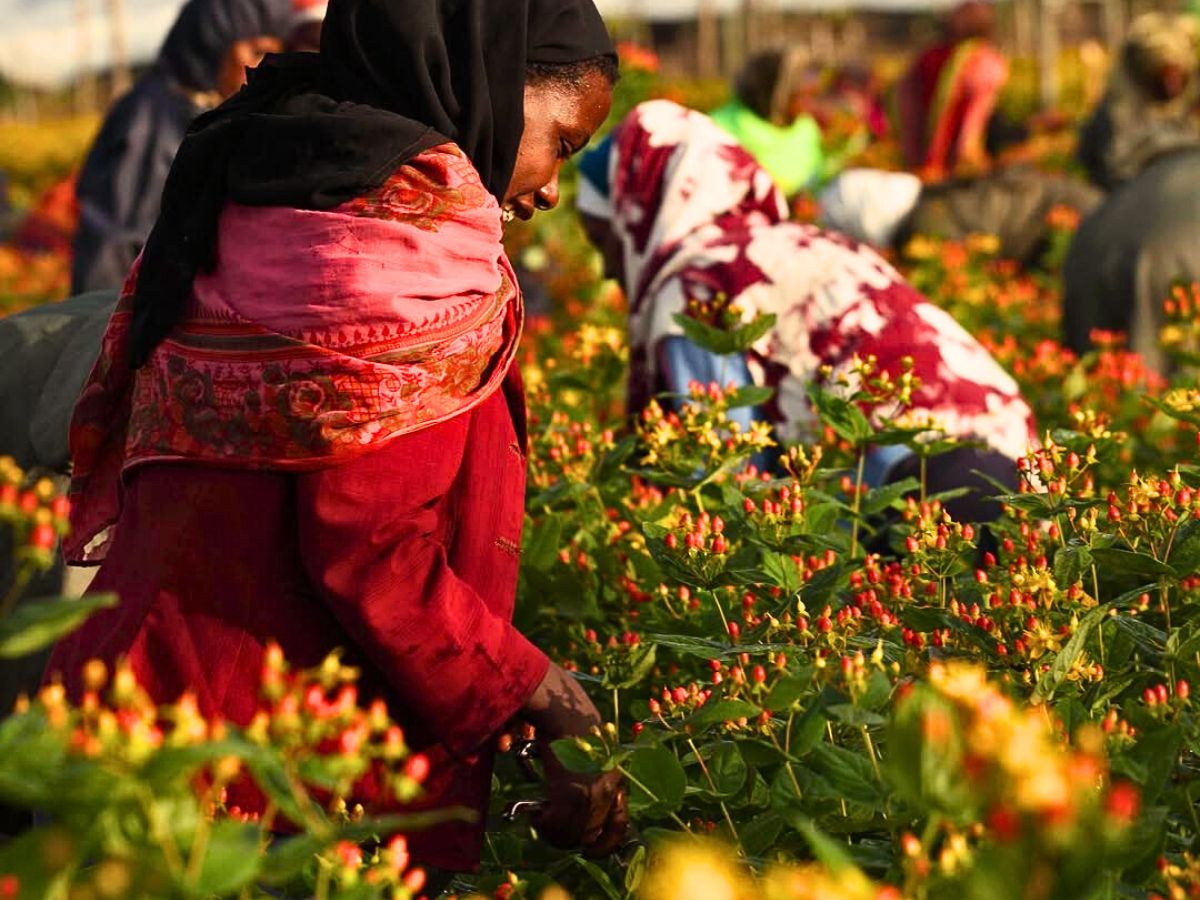
In addition to roses, one can, for instance, find different other types of flowers like carnations, Hypericum, Alstroemeria, Gypsophila, Veronica, Hypericum, Freesia, Statice, and others, establishing why the country is amazingly blessed with ideal conditions for growing a wide variety of flowers.
Growers like Klaver Flowers have facilities in the Hawassa region, where varieties of summer flowers are cultivated. The country's favorable climate essentially ensures year-round availability of these beautiful flowers that meet international standards for size, color intensity, and longevity.
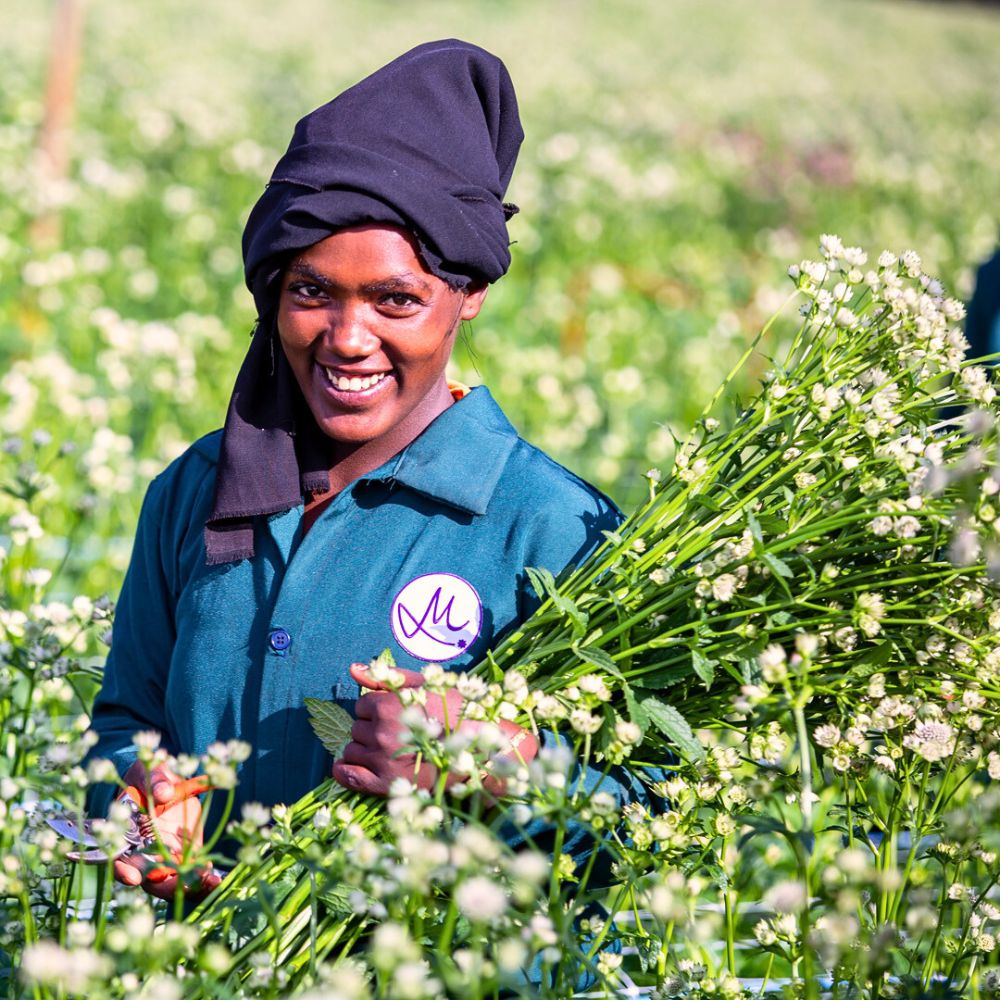
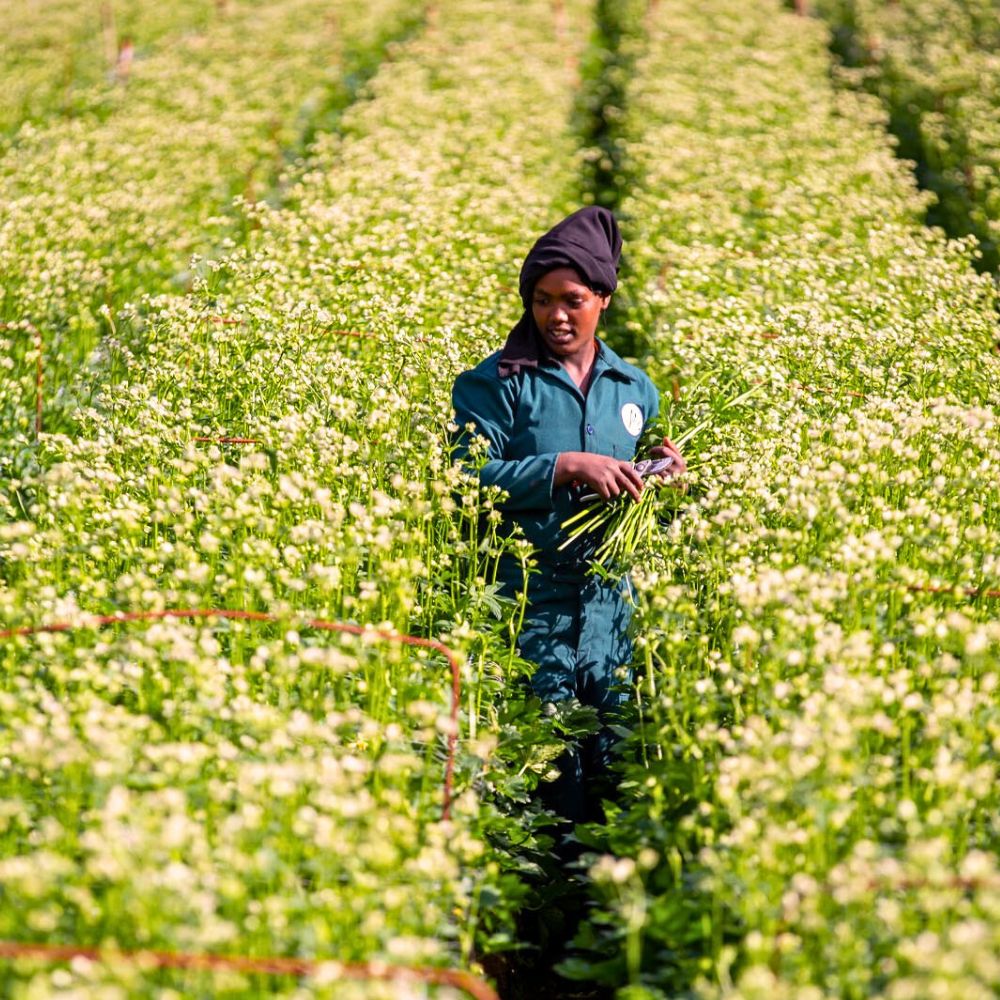
The aesthetic appeal of Ethiopian flowers often goes past their physical attributes; they are also a demonstration of resilience and growth of the industry. Journeying from the country’s farms to global markets reflects a tale of resilience and innovation that resonates with consumers.
Sustainability Practices in Ethiopian Floriculture
Sustainability is an increasingly important consideration for consumers when choosing flowers. Ethiopian floriculture has made strides toward adopting environmentally friendly practices despite facing challenges, especially those related to pesticide use and resource management.
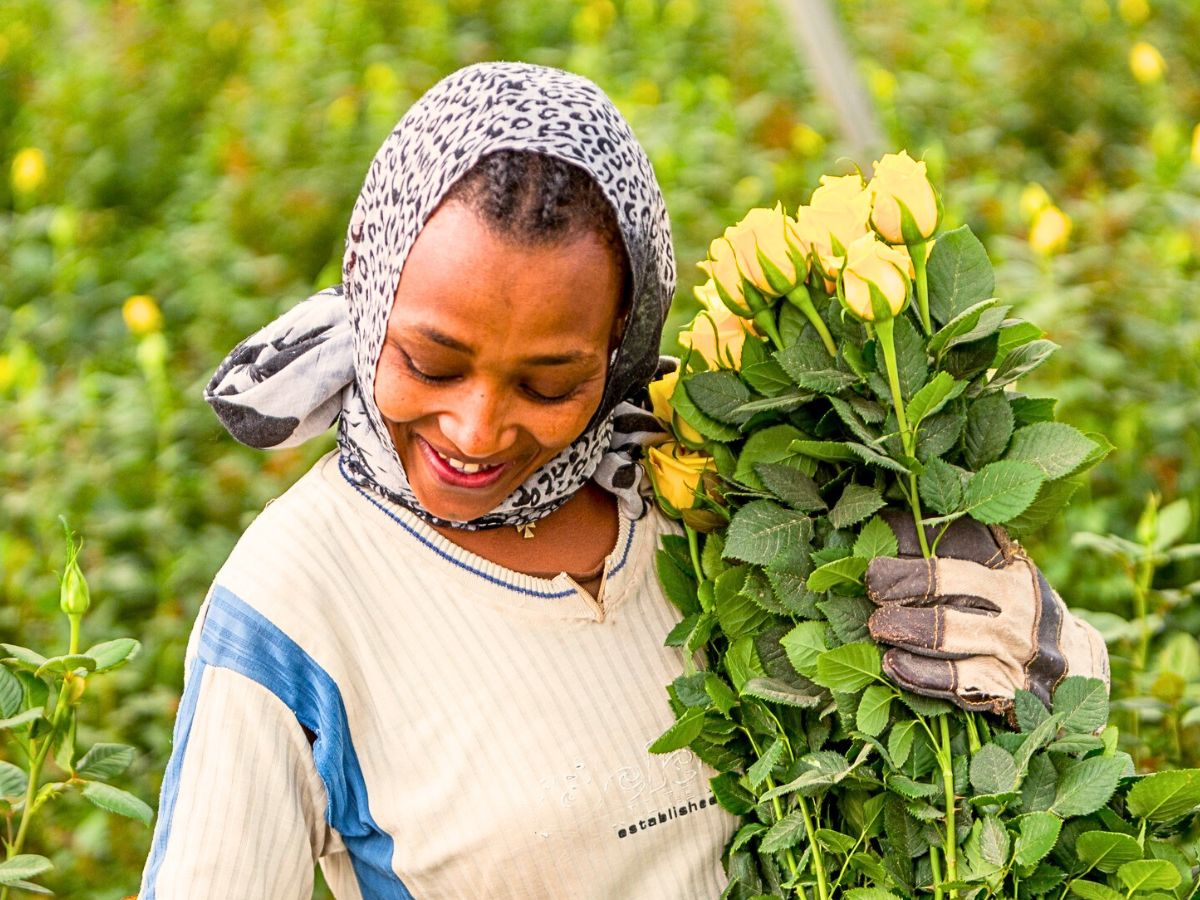
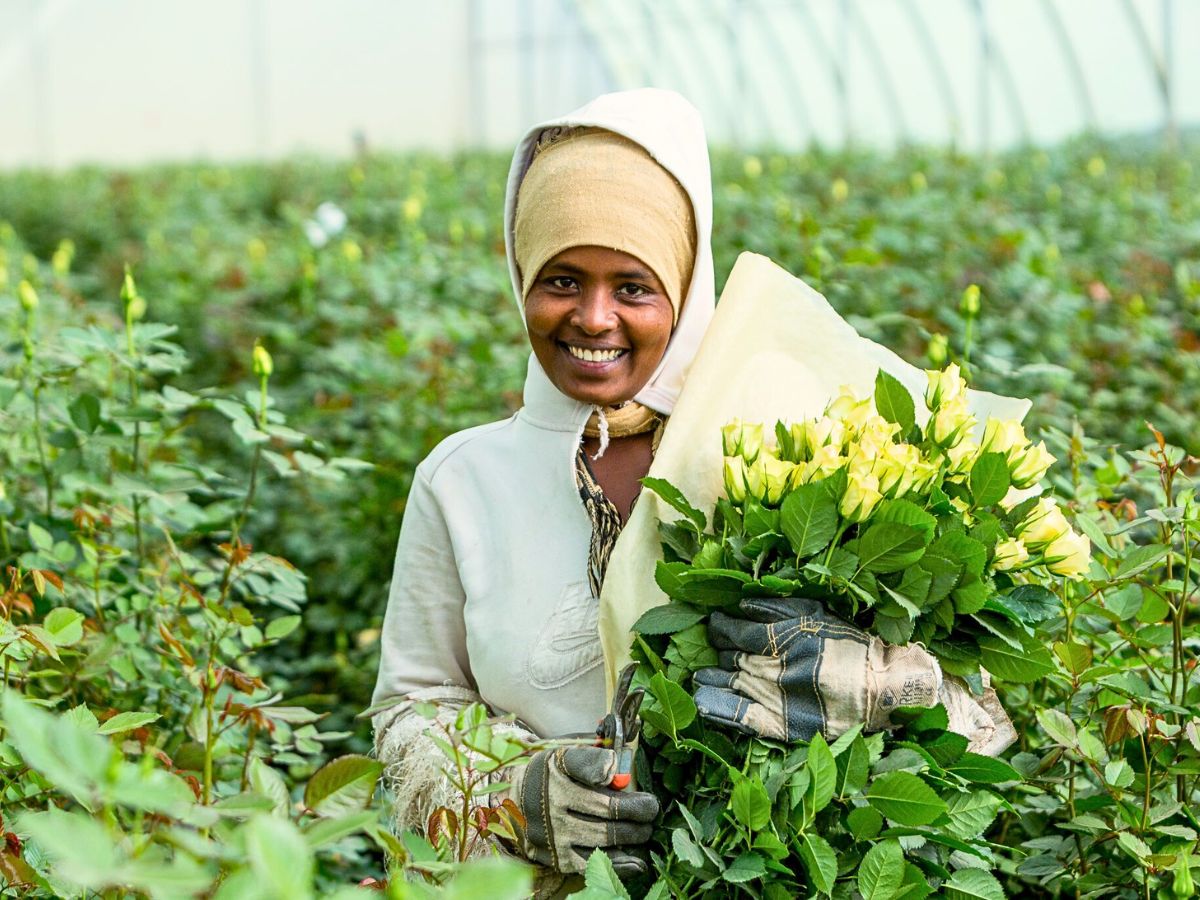
The industry benefits from Ethiopia’s natural advantages: abundant sunlight, which reduces energy consumption for greenhouse heating, and ample water resources that support irrigation without excessive strain on ecosystems. As a result, many farms have implemented certification schemes that promote sustainable farming practices and ensure compliance with international environmental standards.
While there may sometimes be sustainability concerns—including improper cultivation methods that can harm social well-being and degrade the environment—measures have always been put in place to address these issues. Stakeholders often advocate for stronger governance systems that prioritize ethical business practices while balancing people, planet, and profit considerations. Efforts are likewise underway to improve waste management systems on farms and reduce chemical inputs through integrated pest management (IPM) techniques.
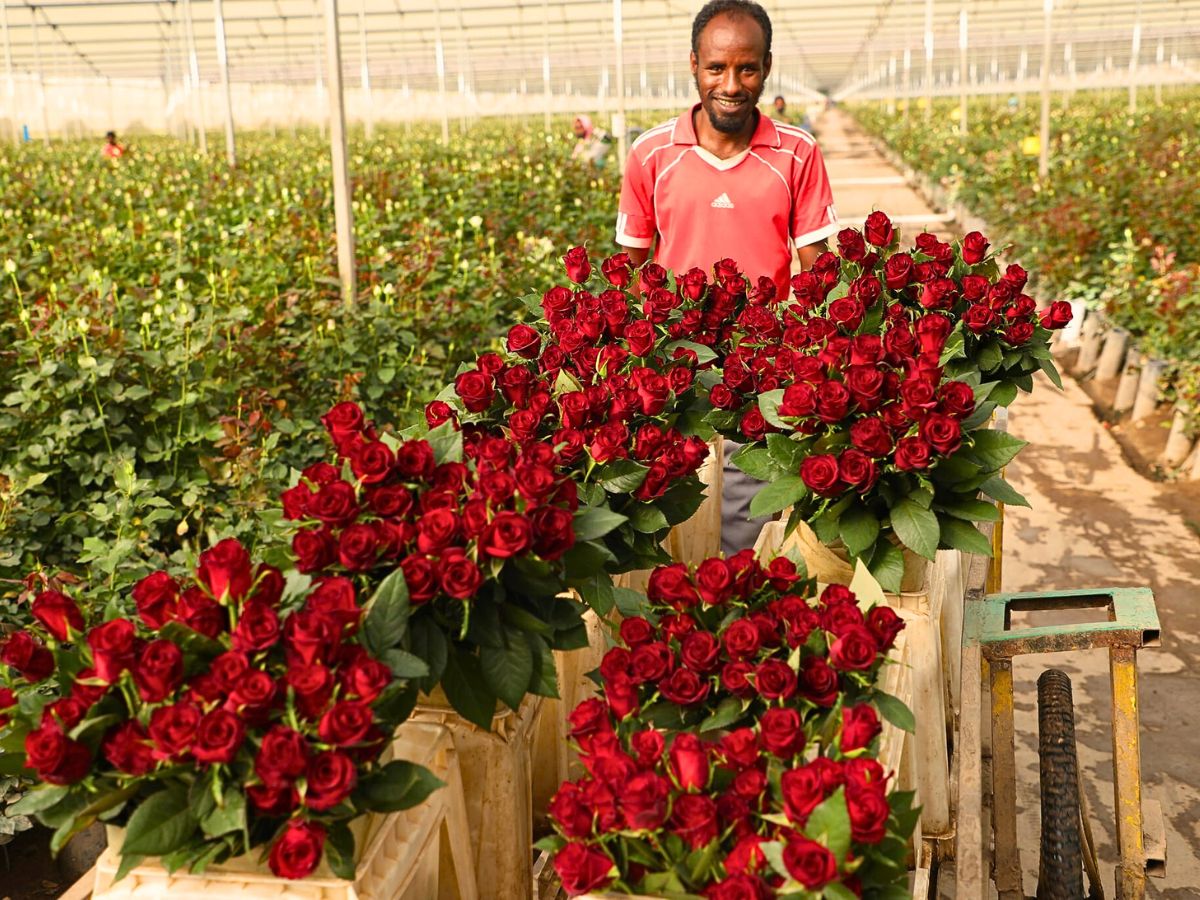
So, Why Choose Ethiopian Flowers?
Ethiopian-grown flowers offer a unique combination of beauty, quality, and ethical value. To a great extent, these qualities stand out. Ordering flowers from the country’s floriculture industry means you support an industry that empowers communities through employment opportunities. You contribute to sustainable farming practices that protect the environment. And, you enjoy premium-quality flowers cultivated under ideal climatic conditions. These are just a few of the compelling reasons why Ethiopian-grown flowers are a convincing choice for the industry.
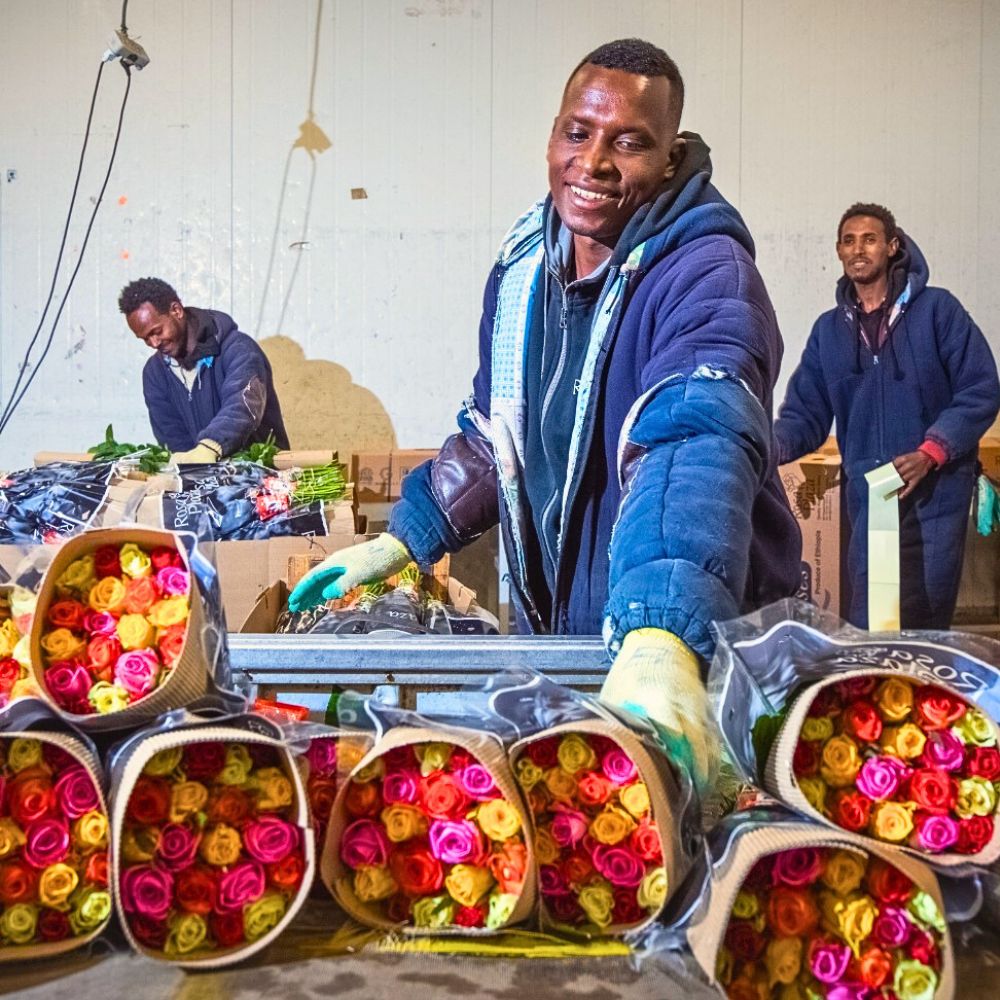
To put it a tad differently, the Ethiopian floriculture industry represents more than just economic growth; it personifies the hope for a positive future where agriculture as a whole—including horticulture and floriculture—is viewed as a means for social transformation. Buying Ethiopian-grown flowers, therefore, demonstrates social consciousness, an appreciation for their aesthetic charm, and an investment in sustainability, community empowerment, and global trade partnerships that enhance lives across continents.
Feature image by @marginpar, header image by Klaver Flowers.

